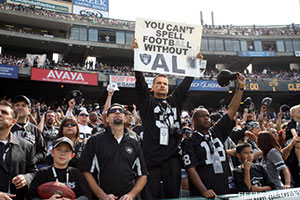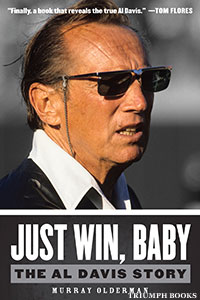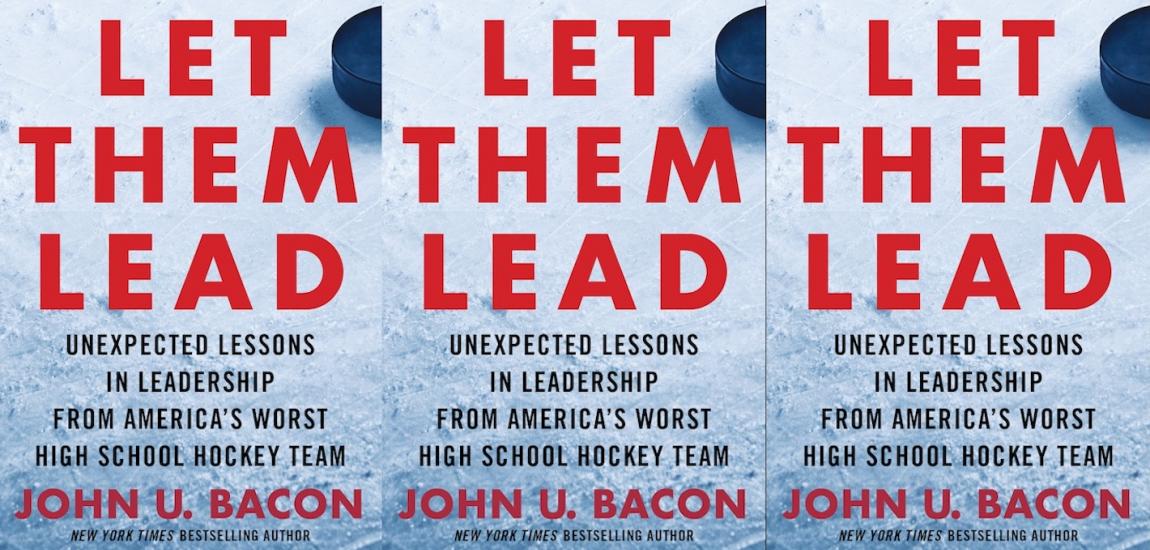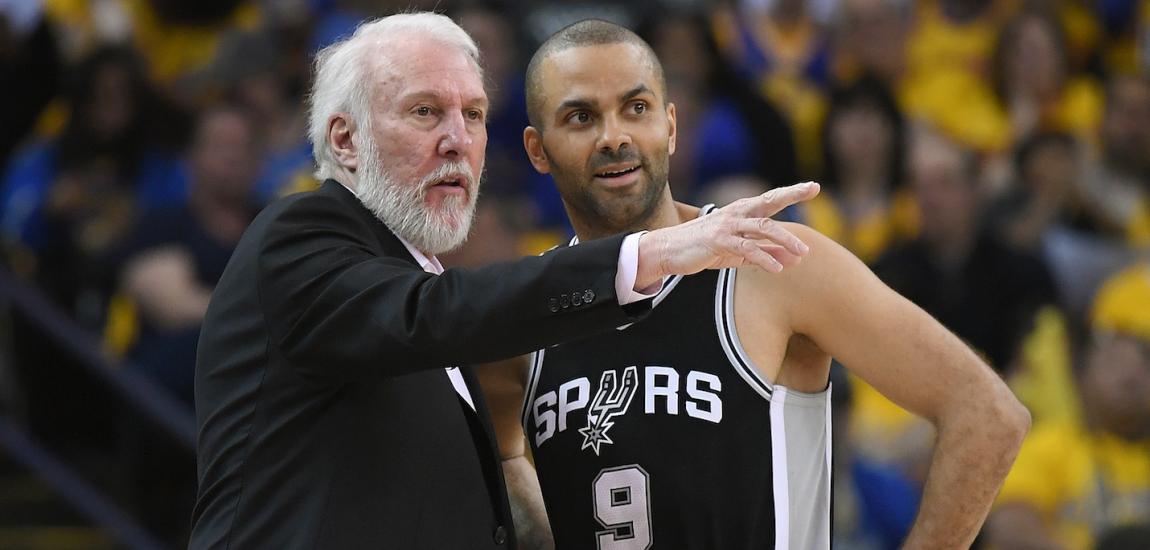Al Davis was a maverick and a pioneer whose Hall of Fame career included stints as head coach, general manager, league commissioner and controlling partner of the Oakland Raiders franchise. Davis died on Oct. 8, 2011, from heart failure. He was 82. A new authorized biography, Just Win, Baby: The Al Davis Story, by veteran sportswriter Murray Olderman, takes a closer look at Davis behind the scenes. One of Davis' legacies was helping businessmen break into the sports ownership game. This excerpt details how he brought some of the most prominent owners to the table:
The man who had the greatest influence on Davis' life as a team owner in professional sports was someone he never met. In the book, Veeck as in Wreck, by Ed Linn, baseball owner Bill Veeck laid it all out for Davis, how to buy a team with very little money. Davis claimed the book, a big instrument in his life, "taught me about partnerships." It taught him about appreciation of property.
His knowledge of the tax laws and how to buy teams influenced acquaintances to become sports owners: Jerry Reinsdorf of the Chicago White Sox and the Chicago Bulls, Alex Spanos of the San Diego Chargers, Ed DeBartolo Jr. of the San Francisco 49ers, and the Glazers of the Tampa Bay Buccaneers (they originally tried to get Baltimore but were steered away, according to Davis, because Neil Austrian, the NFL business manager, didn't want them there -- Austrian resigned when some files were uncovered in which he vilified league owners as dumb people). Davis asserted he gave Carroll Rosenbloom the idea that he could trade his Baltimore Colts for the Los Angeles Rams and pay no taxes, and Davis advised him on the novel exchange of franchises.
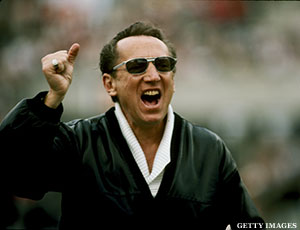
Alex Spanos, a huge mall developer based in Stockton, California, let it be known that he wanted to consult the best mind in football to get a professional team. Alex contacted Davis through Paul Christopoulos, who was a prominent figure in the Greek community in California's San Joaquin Valley. Christopoulos was instrumental in building the Arco Arena for the Sacramento Kings. Sacramento interests pursued the Raiders and offered the team $50 million and a new stadium to move there. Christopoulos was selling increments of development land in the arena area, and Davis bought a parcel that he never touched but retained ownership of. He never considered Sacramento seriously as a home for his team.
Paul Christopoulos called Davis and said, "Alex Spanos wants to go to the top of the mountain. He wants to meet you." Spanos arrived one day at the Raiders' headquarters, at the time in an industrial park in Oakland off Doolittle Avenue; he was accompanied by five staff members—they used to take a consensus vote on every project Spanos undertook. Davis informed him that the San Francisco 49ers were available for $17 million and baseball's Oakland A's could be had for about $10 million. Spanos and staff huddled on the spot and passed on both opportunities. However, he later acquired the San Diego Chargers from Gene Klein for a sum estimated to be between $75 and $80 million. "Alex and I always sat close to each other at league meetings," said Davis. "Once I came into the room, and his son, Dean, was there. I said to Alex, 'You know, you can get [$400 million] for your team now.' He turned around and went, whack, to Dean's head. 'Listen to Al,' the father said. ‘He knows what he's talking about.'" Dean took over the operating reins of the Chargers from his father.
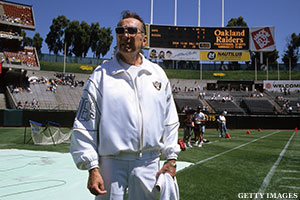
Spanos brought another entrepreneur to see Davis during an offseason respite at the Tropicana Hotel in Las Vegas. His friend was from Chicago and involved in syndicated real estate. He and Spanos did a lot of business together. Davis found out that the man, Jerry Reinsdorf, was from his high school in Brooklyn, Erasmus Hall. Davis related that he went to a blackboard and showed Reinsdorf how he could own 10 percent of a team, be the general partner, get five or six limited partners, or maybe eight, each owning 10 percent, and he'd control the whole thing. Bill Veeck laid out the basics for Davis in his book.
"Wow," said Reinsdorf, "I never knew that."
Reinsdorf went on to buy both the Chicago Bulls and the Chicago White Sox. Just before he closed the deal on the baseball team, he called Davis for his opinion. Davis said, "Don't worry about the price. Do it. It'll double in value within two or three years."
It was the same advice he gave to the DeBartolos when they were dickering to buy the San Francisco 49ers. The Morabito women, who inherited the team from their late husbands, Vic and Tony, the founders of the 49ers, enlisted Davis as a paid "consultant" to help them to find a buyer. Edward DeBartolo Sr. of Akron, Ohio, was the largest shopping center and shopping mall developer in the country. He agreed to buy the team for $17 million, with Ed Jr. to run it. The 49ers' representative demanded an extra $500,000 at the end to raise the purchase price to $17.5 million. The senior DeBartolo came over to Davis' office in Oakland and said, "I don't do business that way. I'm leaving."
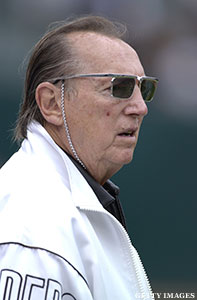
"Look," Davis told him. "I don't care what you do. But go in there and give them the $500,000 and get the team. It'll double."
Eddie Jr. chimed in, "Do it, Dad. He knows what he's talking about." The 49ers are still in the DeBartolo family -- Eddie Jr., who assumed the owner's role, was forced out after some casino gambling problems -- and the reins were taken over by his sister Denise and her husband, John York. The team's value was last listed in Forbes magazine at $875 million.
"The finder's fee that I received in the sale of the 49ers aroused the interest of the league," revealed Davis, "and during a later suit the NFL filed against me, it had the IRS come in and check to see if I reported the money as income because I received it in cash. I was always careful with my income tax reports." Before DeBartolo acquired the San Francisco franchise, Davis had to ward off an attempt by his erstwhile Raiders partner, Wayne Valley, and spurred by Rozelle, to buy the 49ers. In the midst of selling his interest in the Raiders after he lost his legal suit to oust Davis, Valley was secretly dickering to buy the team across the Bay for the right price in the mid–1970s. He would use the money from his sale of Raiders stock and pay minimal taxes if he purchased the 49ers.
The sale was almost accomplished until Davis got wind of the negotiations and alerted Franklin Mieuli, a minority stockholder of the 49ers who had right of first refusal if the team was ever sold. Mieuli was something of a sports maverick himself. He was a former advertising executive for a beer company that sponsored sports broadcasts and endeared himself to Tony and Vic Morabito, who gave him a piece of the 49ers for a nominal sum. He also acquired a stake in the San Francisco Giants and eventual control of the Golden State Warriors.
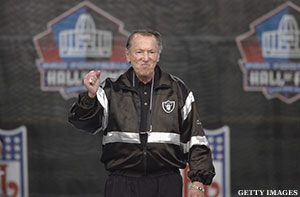
Mieuli used to confide in Davis, a kindred soul. He was out at sea on his boat during the Valley negotiations to buy the 49ers and was summoned back to port. He had an office in what is now called Oracle Coliseum Arena, home of the Golden State Warriors, which he then owned. In his office, Mieuli had a prized barber chair in which he alone sat.
Valley and his attorney, Bob Schulman, scheduled a meeting in the office with Mieuli the night of a pro basketball game and arrived there first. When Mieuli walked in the office, though, Valley was sitting comfortably in Mieuli's pride and joy and refused to get up. Valley, a brusque businessman, talked tough with Mieuli and informed him that he was buying the 49ers and Mieuli could stay on as a limited partner or sell out.
Mieuli said, "No, I'm buying the team."
Valley responded, "The league wants me to have it."
Mieuli stopped Valley right in his tracks by telling him he had first rights for any sale and wasn't going to relinquish them. Valley stormed out and left football forever. Mieuli wouldn't buckle. However, he didn't have the money to buy the team, and besides, Davis noted, the Morabito women wouldn't sell it to him. After Spanos declined to make a bid for the 49ers, the DeBartolos concluded the purchase. Davis received a reported $100,000 for brokering the deal. He said that some of the money remained in a vault in an Oakland bank.
-- Excerpted by permission from Just Win, Baby: The Al Davis Story by Murray Olderman. Copyright (c) 2012 by Murray Olderman. Published by Triumph Books. All rights reserved. No part of this excerpt may be reproduced or reprinted without permission in writing from the publisher. Available via Amazon, Barnes & Noble and iTunes.
